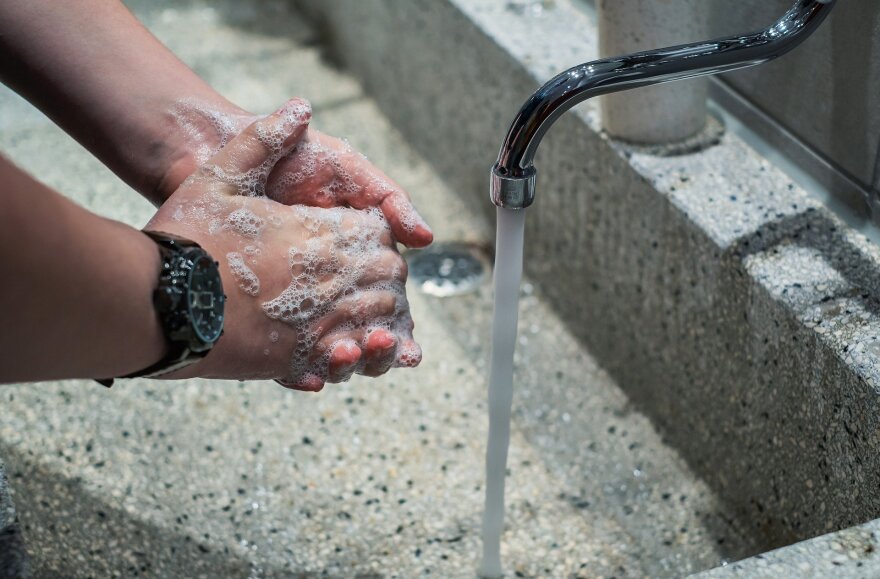FOUNTAIN HILL, Pa. - If it seems like more people are getting a stomach bug lately, you're not wrong. There’s an uptick in norovirus cases in the Northeast, including here in the Lehigh Valley.
It’s that time of year when norovirus, a common gastrointestinal illness, circulates. It's also referred to as the stomach flu, winter vomiting disease, or the cruise ship virus.
"We're part of the Northeast area that's being hit very hard with this right now,” said Dr. Jeffrey Jahre, St. Luke’s University Health Network’s senior vice president of medical and academic affairs and section chief emeritus of infectious diseases.
Jahre said most people don’t see a doctor for the condition, so cases are most likely much higher than what is being reported.
“Whatever cases that we do see, it's an underestimate. It's the literal tip of the iceberg," he said.
Jahre said symptoms include sudden onset of nausea, oftentimes with projectile vomiting, as well as stomach cramps and diarrhea — and in some cases a low-grade fever and headache.
He said cases are climbing rapidly because of how contagious it is.
“This is a virus that is spread by very small amounts — even 10 viral particles is enough to cause disease in an individual and it is passed through their intestines,” he said. “If they don't wash their hands very well, if you're going to the bathroom, that's one way of getting it, and it goes on surfaces that can live for a long time on surfaces."
Antibacterial hand sanitizer is ineffective against this virus, Jahre said. Soap and water is the best way to fight off contamination, and washing hands for 20 seconds or more. He also advised using bleach or a cleaner that contains bleach to clean surfaces.
“Whatever cases that we do see, it's an underestimate. It's the literal tip of the iceberg."Dr. Jeffrey Jahre, St. Luke's University Health Network
The incubation period is 12-48 hours and can be contagious throughout the sickness and up to several days after.
"By and large, the treatment is just to make sure that the individual is well hydrated and that sometimes it's not as easy as it sounds because you lose your appetite totally with this and obviously you feel like throwing up with almost everything,” said Jahre.
He said the very old and very young, as well as those with weakened immune systems, are most at risk for complications. Hydration is the key to fighting it off, he said, because there is not an antidote or an antiviral drug to treat norovirus.
“Prevention is always better in a situation like this and so frequent washing of your hands with soap and water are the things that we tell people to do in order to try and avoid this,” Jahre said.
There are multiple strains of norovirus, so people can get more than one strain in a season. The virus is most active between November and April.


